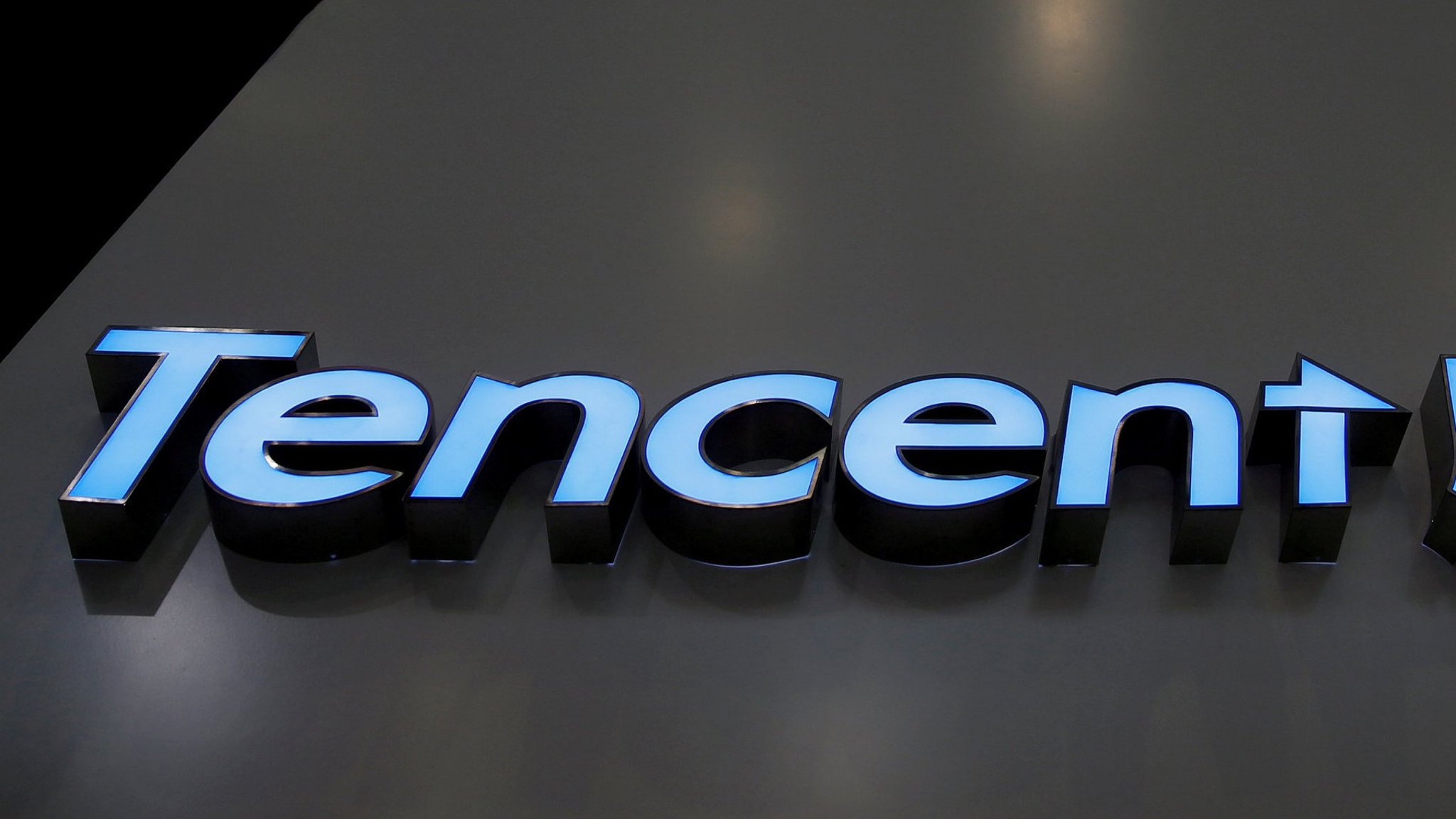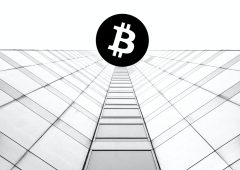Tencent Denies Reports of Nexon Acquisition Talks
15.06.2025 17:00 1 min. read Alexander Stefanov
Chinese tech giant Tencent has officially pushed back against recent rumors suggesting it is preparing to acquire South Korean game developer Nexon.
A source close to Tencent stated that the company has not initiated any contact with Nexon’s founding family nor conducted internal discussions about a possible acquisition.
The denial follows a wave of media speculation claiming Tencent was considering a US$15 billion deal to buy Nexon—an industry heavyweight behind popular titles like MapleStory. The reports also alleged that Tencent had reached out to the family of Nexon founder Kim Jung-ju, seeking their perspective on a potential sale.
Although Tencent has made strategic investments in numerous gaming companies in the past, the source emphasized that no talks or evaluations regarding Nexon have taken place.
Founded in 1994 in South Korea and publicly listed in Japan since 2011, Nexon is best known for its iconic RPG MapleStory, which remains a major force in online gaming. In March, the company revealed MapleStory Universe, a Web3 reimagining of the game built on the Avalanche blockchain. Its native token, NXPC, launched on several major exchanges—including Binance, Bybit, Bitget, Upbit, and Bithumb—in May.
Despite the buzz, Tencent’s response aims to put speculation to rest, at least for now.
-
1
Top 7 Crypto Project Updates This Week
19.07.2025 18:15 3 min. read -
2
BlackRock Moves to Add Staking to iShares Ethereum ETF Following SEC Greenlight
18.07.2025 9:00 1 min. read -
3
EU Risks Falling Behind in Digital Finance, Warns Former ECB Board Member
06.07.2025 13:00 2 min. read -
4
Czech National Bank Enters Crypto Sector with $18M Coinbase Investment
14.07.2025 9:00 1 min. read -
5
Pump.fun Raises $600M in Record-Breaking PUMP Token Sale
13.07.2025 9:30 2 min. read
Visa Settles $200M in Stablecoin Transactions, Eyes Long-term Potential
Visa reported over $200 million in stablecoin settlements during Q2 2025, a milestone in its growing commitment to digital asset infrastructure.
Bank of Korea Launches New Division to Oversee Crypto and Stablecoin Developments
The Bank of Korea (BOK) has taken a significant step toward deepening its involvement in the digital asset ecosystem by establishing a dedicated virtual asset division, according to a report from local media outlet News1.
JPMorgan: Coinbase Could Gain $60B From USDC-Circle Ecosystem
A new report from JPMorgan is shedding light on the staggering upside potential of Coinbase’s partnership with Circle and its deep exposure to the USDC stablecoin.
5 Major US Events and How They Can Shape Crypto Market in The Next Days
The week ahead is shaping up to be one of the most pivotal for global markets in months. With five major U.S. economic events scheduled between July 30 and August 1, volatility is almost guaranteed—and the crypto market is bracing for impact.
-
1
Top 7 Crypto Project Updates This Week
19.07.2025 18:15 3 min. read -
2
BlackRock Moves to Add Staking to iShares Ethereum ETF Following SEC Greenlight
18.07.2025 9:00 1 min. read -
3
EU Risks Falling Behind in Digital Finance, Warns Former ECB Board Member
06.07.2025 13:00 2 min. read -
4
Czech National Bank Enters Crypto Sector with $18M Coinbase Investment
14.07.2025 9:00 1 min. read -
5
Pump.fun Raises $600M in Record-Breaking PUMP Token Sale
13.07.2025 9:30 2 min. read


